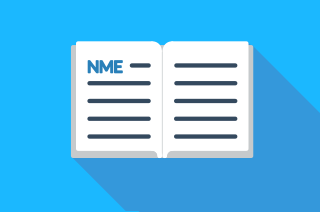European publishers have long called for their legal recognition as a rights holder, a recognition that is common in other creative industries such as the music and film industry. Therefore, the press publishing sector was encouraged by the European Commission’s proposal for the review of the European copyright framework, which included a so called “neighbouring right for press publishers”, which establishes this recognition. This is much needed as publishers struggle to negotiate copyright in the digital era, to the advantage of Internet platforms such as Facebook and Google.
Publishers throughout Europe, large and small, are seeking for means to address this asymmetric relationship with the Internet platforms. They’re looking for a dialogue on equal terms to ensure that they are remunerated for the use of their content by third parties. A publishers’ right would allow for establishing such a dialogue – much needed to ensure a sustainable solution, not only benefitting publishers and Internet platforms, but also the European consumer.
A presumption of representation, which is what currently is on the table in the European Parliament, should not be mistaken for an alternative to a publishers’ right. It doesn’t facilitate dialogue and it won’t result in a satisfactory position of the press publishers vis-à-vis the Internet platforms.
Instead of facilitating a dialogue, it urges the parties concerned to meet in the courtroom. While this is no basis to start a business relationship, starting litigation is costly. Large publishing houses may or may not be able to foot this bill, but the smaller ones simply will not be able to act when their copyright is breached due to the costs involved. A presumption of representation fails to tackle the issue of imparity between publishers and Internet platforms.
Surprisingly, also public service broadcasters (PSBs) seem to fare better at the expense of press publishers. In a recent draft report which will be discussed later this month in the European Parliament’s Legal Affairs committee, PSBs are granted the same rights as cultural heritage institutions. The problem here is that PSBs offering news services, funded by the state, are often in direct competition with press publishers. The additional competitive disadvantage for press publishers is worrisome.
Publishing houses large and small are businesses. When business is under pressure due to an asymmetry in the market, jobs are affected and innovation is hampered. What’s more, media plurality is at risk. This is bad news for European democracy.
A digital single market should benefit all in the digital ecosystem: the content creators, including journalists and photographers, distributors and consumers, not just the few powerful Internet giants that dominate today. Unfortunately, this seems to now be further away than ever.
Wout van Wijk
wout.vanwijk@newsmediaeurope.eu










